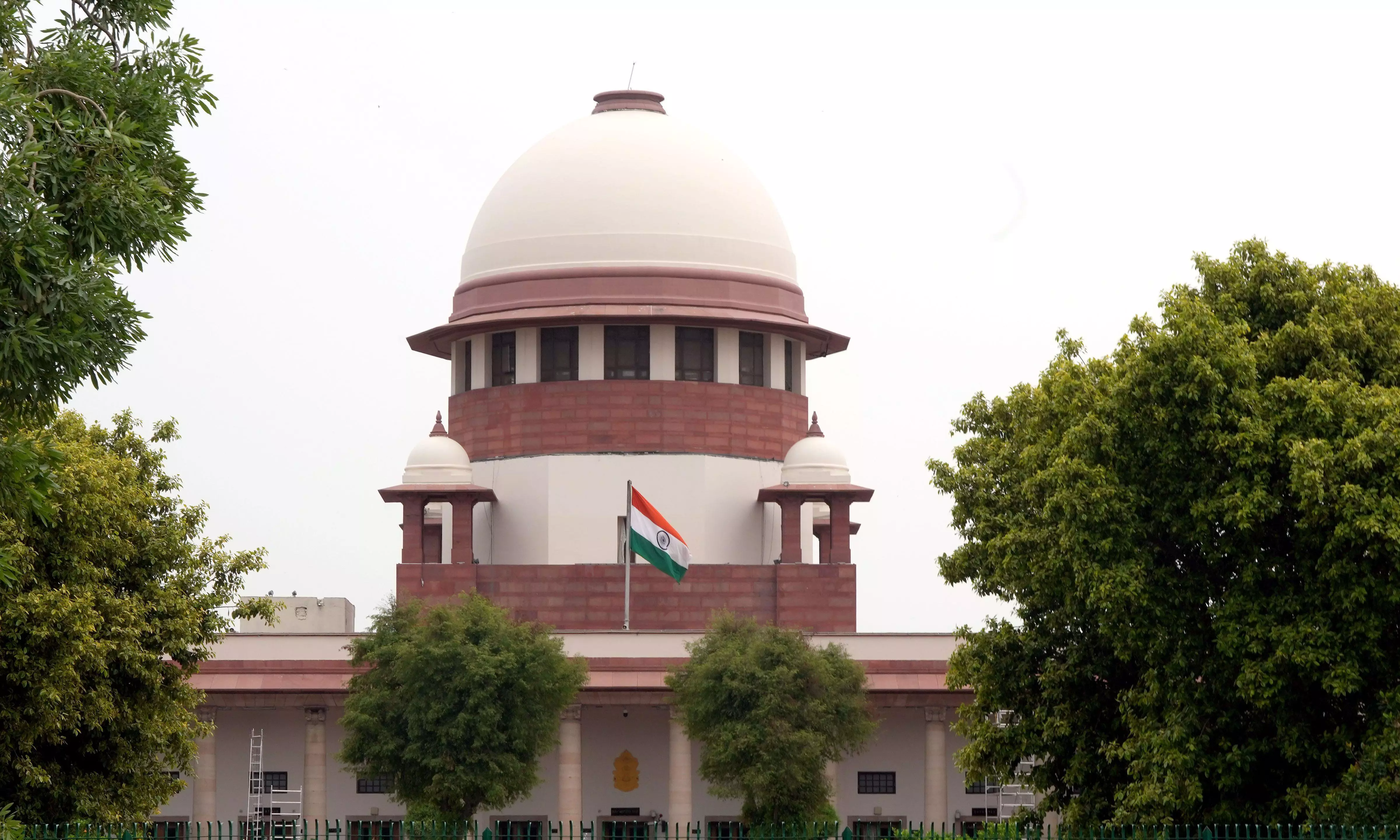By DC Correspondent
Copyright deccanchronicle

New Delhi: The Supreme Court on Friday dismissed the Centre’s plea challenging a Madras High Court order that had directed the renewal of an organisation’s registration under the Foreign Contribution (Regulation) Act, 2010 (FCRA).A bench of Justices Vikram Nath and Sandeep Mehta was hearing the matter. The Centre argued that renewal had been denied due to alleged violation of Section 7 of the FCRA, which prohibits the transfer of foreign contributions to other persons. The bench, however, questioned the basis of the claim. “What else? Have they misappropriated? Is there any abuse of the funds received by them? There are no such findings at all. If they are doing some social service, what is your problem?” the court asked before dismissing the plea, remarking: “Don’t complicate things. Don’t further harass them.” The Centre had challenged a June 2025 Madras High Court order passed on two petitions, including one that contested the rejection of the organisation’s renewal application. The trust involved, founded in 1982 for the welfare and education of children, had secured FCRA registration in 1983 and its last renewal was valid from November 2016 for five years. It had applied for renewal in February 2021, but the application was rejected in December 2021. One of its sister NGOs also faced rejection that year. While the Centre argued that the right to receive foreign contributions was not vested and could not be claimed as a matter of right, the high court noted that a sealed-cover report contained no evidence of diversion or misuse of funds. “There is no complaint against either the petitioner trust or the appellant that they have wrongly transferred any foreign contribution,” it observed. The High Court had therefore directed the authorities to renew the registration under Section 16 of the Act within four weeks, adding: “It is inevitable to sum up that just because some institutions run with the aid of foreign contribution, it is not necessary to look at the institutions with suspicion unless there are materials to show misuse or action against public or national interest.”



